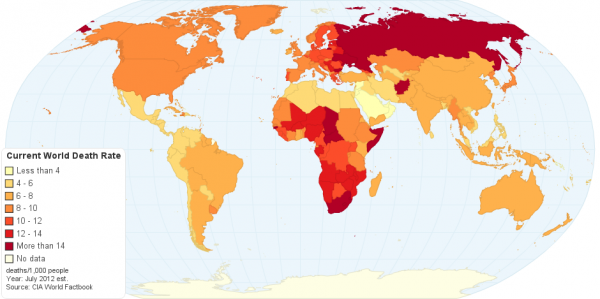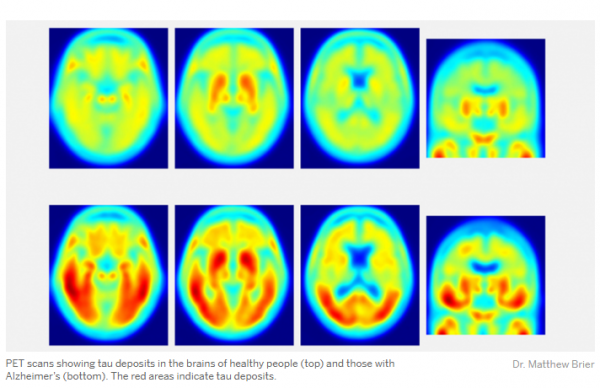In a new study, researchers from the Will Cornell School of Medicine in the United States have developed an innovative human neuron model that can effectively simulate the diffusion of tau protein aggregates in the brain – a process that is responsible for cognitive decline in Alzheimer’s disease and frontotemporal dementia. Through this new model, they discovered novel therapeutic targets that may prevent tau diffusion. This preclinical study is a…
Alzheimer’s disease
Scientists have found 32 proteins related to dementia in the blood of middle-aged people based on 25 years of data!

Genome-wide association studies on Alzheimer’s disease (AD) have shown that its biological process is very complex and not limited to the accumulation of β Amyloid protein (Aβ)and tau protein. Systemic factors and biological processes outside the central nervous system may also affect the risk of dementia and AD. Proteins, as systemic circulating factors, may be driving factors for complex central nervous system diseases, and researchers have been searching for…
Herpes Virus Is One of the Causes of Alzheimer’s Disease!

Alzheimer’s disease is one of the most common forms of dementia. More than 30 million people worldwide suffer from Alzheimer’s disease. Unfortunately, there is currently no cure for the disease, only drugs that relieve the symptoms of the patient; in a recently published dissertation, the author (Professor Ruth Itzhaki of the University of Manchester) proposed a new method for the treatment of Alzheimer’s disease. The researchers pointed out that some…
Worldwide Mortality Rates: One in Five Deaths Linked to Poor Diet

Recent study reveals: the number of deaths among children under five is decreasing. Though overall both men and women around the world are living longer, one in five deaths were linked to poor diet last year. Life expectancy in 2016 worldwide was 75.3 years for women and 69.8 for men. Japan has the highest life expectancy at 84 years and the Central African Republic has the lowest at just…
Cryo-EM Technique – Uncovered the Atomic Structure of a Key Alzheimer’s Protein for the First Time

Tau protein abnormal deposit is one of the most important characteristics for Alzheimer. Recently, a new finding published in Nature obtained high-resolution images of those protein deposit structures caused by Alzheimer and other neurodegenerative disease for the first time. These finding can help scientists understand how these protein harmful deposit process function at the molecular level, and help develop new treatments to prevent the formation of these proteins, and thus…
Tau Protein—Not Amyloid—May Be Key Driver of Alzheimer’s Symptoms

Tau proteins are the product of alternative splicing from a single gene, which in humans is designated MAPT (microtubule-associated protein tau) and is located on chromosome 17. They were discovered in 1975 in Marc Kirschner’s laboratory at Princeton University. They are abundant in neurons of the central nervous system and are less common elsewhere, but are also expressed at very low levels in CNS astrocytes and oligodendrocytes. Pathologies and dementias of the nervous system such as Alzheimer’s disease and Parkinson’s disease are associated with tau…
What’s Your Body Posture During Sleep?
First, question asked. What’s your posture during your sleep? Lying On Side, Lying Flat or Lying On Front? New study results have shown that lying on one’s side may help prevent Alzheimer disease. A report on the Journal of Neuroscience claimed that compared to lying flat and lying on one’s front, lying on one’s side can more efficiently remove the waste of the brain. And this posture was also proven…
